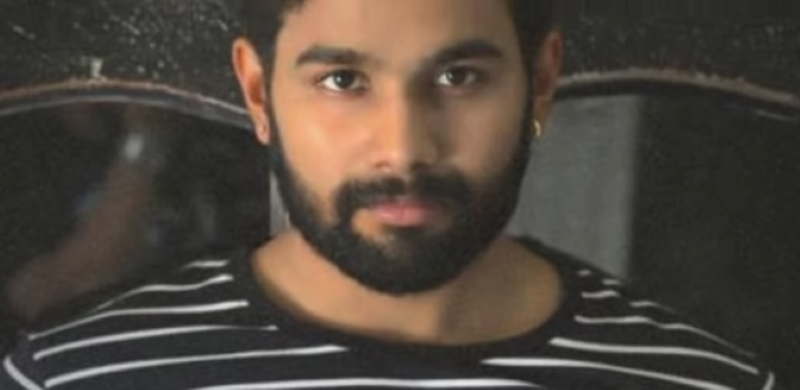Ankit Saxena murder case: Delhi court convicts three to life imprisonment

New Delhi/UNI: A Delhi court sentenced three people to life imprisonment in connection with the brutal murder of photographer Ankit Saxena slitting his throat in public view in 2018.
The 23-year-old photographer was stabbed to death by the family of his Muslim girlfriend.
Additional Sessions Judge Sunil Kumar Sharma (Tis Hazari Court) on Thursday sentenced the girlfriend's father, mother, and maternal uncle to life imprisonment for murdering Ankit Saxena attributing the crime to interfaith marriage.
The court also imposed a fine of Rs 50,000 each on all three offenders.
The sum collected from the fines will be handed over to Ankit Saxena's family, the court declared.
The mother of Ankit Saxena Kamlesh Saxena had got injured during the scuffle and had incurred a sum of Rs 10,000 to Rs 15,000 towards her medical expenses whereas, a sum of Rs 25,000 to Rs 30,000 was incurred towards the funeral expenses of her deceased son.
She received a sum of Rs 15 lakh from the Delhi Government due to the loss of life of her son. She has not received any compensation from the Court.
Siddharth Mehta, counsel for Kamlesh Saxena acknowledges the receipt of compensation of Rs 15 lakh from the Delhi Government and prays for awarding the maximum compensation to her.
It is further submitted that the deceased was the only son of his parents. Yashpal Saxena, complainant/father of the deceased has already expired, therefore, there is nobody to take care of Kamlesh Saxena, mother of deceased. She has suffered severe emotional and psychological trauma due to the murder of her son.
The compensation awarded by the court will be utilised exclusively for her welfare and rehabilitation.
On December 23, 2023, the court held the three accused guilty of murder and convicted Mohd. Salim (accused A-1), Akbar Ali (accused A-2), and Shahnaz Begum (accused A-3) The Court imposed Section 302 IPC (Murder) read with Section 34 IPC (common Intention) against the accused.
Sr. Advocate and Special Public Prosecutor for the State Rebecca M. John who joined the court proceedings through video conferencing argued that all the convicts, in furtherance of their common intention, had committed the heinous offense of brutal murder of the deceased, who was the only son of the victim. It is prayed that convicts should be convicted under a sentence specified for murder.
On the contrary, Defence Counsel Amjad Khan prayed for leniency on the convicts, as none of them had ever been convicted in any criminal case.
He argued that all the convicts have been in judicial custody for the last about 6 years, and they have no previous record of any crime against them.
The court said that the prosecution successfully demonstrated that Ankit's murder was a result of his relationship with a girl from another community.
Ankit Saxena was in a relationship with Shehzadi (then 20). However, her family was against the relationship and had warned Ankit to end it.
Before his death, Ankit had had an argument with his girlfriend’s family, after which her mother, father, brother, and maternal uncle stabbed him and slit his neck.
The incident occurred in February 2018 in Raghubir Nagar in West Delhi. One of Ankit's friends provided crucial testimony during the trial.
The girlfriend was taken to Nari Niketan shortly after the murder, as she alleged her family might kill her as well. Within days, her parents and uncle were arrested.
The murder had sent shockwaves through the city, with Chief Minister Arvind Kejriwal assuring that the Delhi government would ensure Ankit Saxena’s family gets justice and his perpetrators get the highest quantum of punishment.
On December 23, last year, the court convicted Akbar Ali and Shahnaz Begum, the parents of Saxena's girlfriend Shehzadi, and maternal uncle Mohammad Salim, and sentenced them to life imprisonment.
The court said, Hence, considering the mitigating and aggravating circumstances, age, gender, social background, previous
antecedents, and the period of custody already undergone as well as their family responsibilities, this Court believes that it is not a fit case for imposition of the death penalty.




